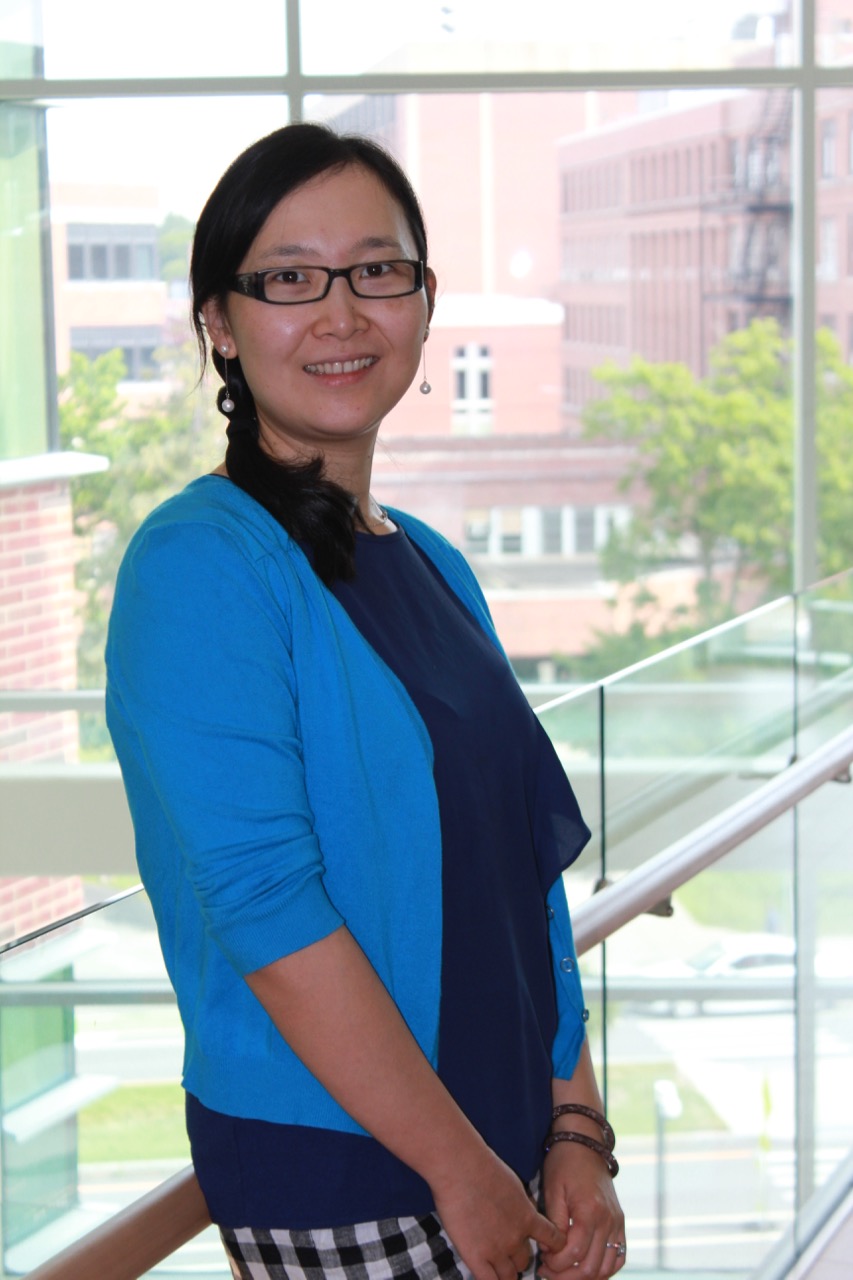People
Faculty
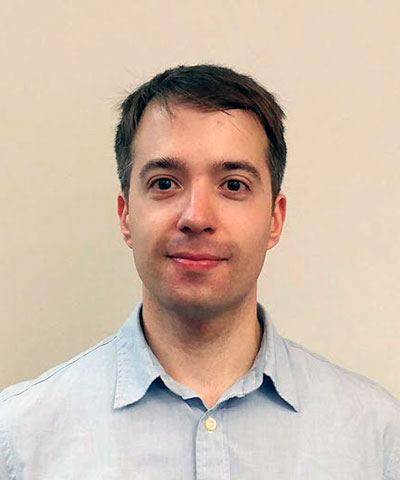
Cantay Caliskan
Cantay Caliskan is an assistant professor of instruction at the Goergen Institute for Data Science, University of Rochester. He studied political science, computer science, and statistics during his PhD, and received his degree from Boston University in 2018. Cantay received his BA in Economics, Mathematics, and Intl. and Global Studies from Brandeis University and his MA in International Relations from Koç University. His research interests include computational social science, emotion quantification and face/gesture recognition, social media, US Congress, and networks of lobbying.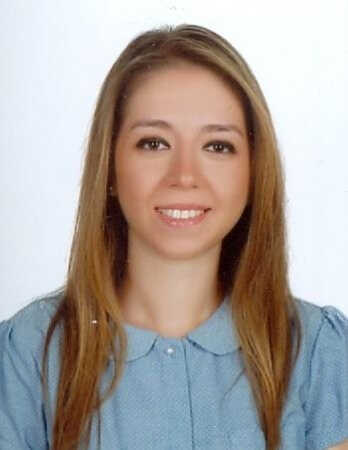
Ezgi Siir Kibris
Ezgi Siir Kibris is a Ph.D. candidate in Political Science and an alumna of the MS program in Data Science at the University of Rochester. She has MA degrees in Political Science and European Studies and BA in Economics from Sabanci University. Her dissertation research revolves around judicial politics, international courts, democratic backsliding, and gender. She is interested in quantitative methods, specifically causal inference, machine learning, and natural language processing.Speakers

Selim Balcisoy
Since 2004, Selim Balcisoy has been a Faculty Member at Sabanci University, Istanbul, where he has led and contributed to groundbreaking research in a variety of areas, including behavioral analytics, computational social science, cultural heritage, augmented reality, and visual analytics. In 2006, he founded one of the first data analytics companies, VisioThink, which quickly became a leading player in the industry. As CEO until 2018, he oversaw the development of cutting-edge technologies that helped clients to gain new insights into their data, enabling them to make better decisions and achieve their business goals more effectively. In 2015, he cofounded a research lab on behavioral analytics and visualization together with MIT Media Lab. This lab has fostered strong industry collaboration, enabling us to develop innovative technologies that have helped companies across a range of industries to gain valuable insights into human behavior and social dynamics. He has also advised and acted in the primary investigator role for several international companies, including Ageas Portugal, Tramontina, Turkcell, Akbank, Garanti Bank, Sabancı Holding, SAS, National Insurance Information and Monitoring Center, Aksigorta, Netaş, and SabancıDx.
Dino P. Christenson
Dino Pinterpe Christenson is an Associate Professor (Ph.D., Ohio State University; B.A., University of Michigan) in the Department of Political Science at Washington University, a Faculty Affiliate in the Division of Computational and Data Science, and a Research Fellow at the Weidenbaum Center on the Economy, Government, and Public Policy. Christenson studies American political behavior and quantitative methods, with recent work exploring presidential voting behavior, campaign dynamics in presidential primaries and caucuses, the coalition behavior of interest groups, and public opinion and the media environment of institutional outcomes. More generally, his research in American politics concerns electoral behavior, public opinion, political psychology, political communication, interest groups and judicial politics. He has broad methodological interests as well, including survey research, experimental design, longitudinal and nested data models, Bayesian analysis, social network analysis and causal inference.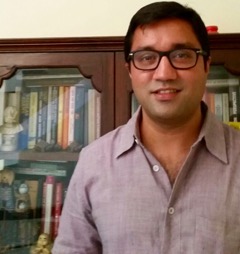
Gourab Ghoshal
Gourab Ghoshal is Associate Professor of Physics and Astronomy with joint appointments at the departments of Computer Science and Mathematics. He came to Rochester from Harvard University, where he was a Research Scientist at the Department of Earth and Planetary Sciences and a member of multidisciplinary Orgins of Life Initiative. Hailing from New Delhi, India, Professor Ghoshal got his BS and MS degrees at the University of London, UK (BS and MSc in theoretical Physics, 2004). He did his doctoral-thesis work at the University of Michigan, Ann Arbor (PhD in Physics, 2009) during which he attended the prestigious Complex Systems summer school at the Santa Fe Institute, NM and the Theoretical Physics school at Les Houches near Chamonix in France. Following his PhD, he was a postdoctoral scientist jointly at Northeastern University and Harvard Medical School as well as a visiting scientist at the Media Lab, MIT.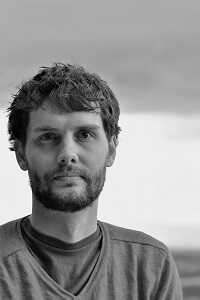
Jonathan Herington
Jonathan Herington an Assistant Professor of Philosophy, and Assistant Director of Graduate Education in the College of Arts, Sciences, and Engineering, at the University of Rochester. Between 2014 and 2019 Jonathan was an Assistant Professor in the Department of Philosophy at Kansas State University. Previously Jonathan was a Research Fellow in the Medicine, Ethics, Society and History unit of the University of Birmingham. Jonathan completed my PhD in the School of Philosophy, at the Australian National University. Jonathan is a native of Brisbane, Australia and recieved a BA (Hons I) in International Relations and Philosophy, and a BSc in Microbiology, from the University of Queensland. Prior to undertaking my PhD Jonathan was located at the Centre for International Security Studies, University of Sydney.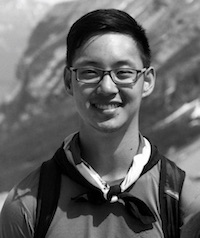
Anson Kahng
Anson Kahng is an Assistant Professor in the Department of Computer Science and the Goergen Institute of Data Science at the University of Rochester. He works on theoretical problems at the intersection of computer science and economics, particularly in computational social choice, which focuses on designing and evaluating methods of aggregating individual preferences to make collective decisions. Recently, he has been focusing on problems at the intersection of computer science and democracy. Some projects he has worked on in this space include virtual democracy, liquid democracy, and participatory budgeting. In general, Anson is excited about solving real-world problems with a combination of theoretical and empirical tools.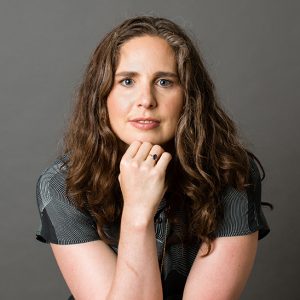
Lauren Klein
Lauren Klein is Winship Distinguished Research Professor and Associate Professor in the Departments of English and Quantitative Theory and Methods at Emory University, where she also directs the Digital Humanities Lab. Before arriving at Emory, she taught in the School of Literature, Media, and Communication at Georgia Tech. She received her Ph.D. in English and American Studies from the CUNY Graduate Center, and her AB in Literature (English and French) from Harvard University. In 2017, she was named one of the 'rising stars in digital humanities' from Inside Higher Ed. She is the author of two books. The first, Data Feminism (MIT Press), co-authored with Catherine D’Ignazio, offers a new way of thinking about data science and data ethics that is informed by the ideas of intersectional feminism. The second, An Archive of Taste: Race and Eating in the Early United States (University of Minnesota Press), shows how thinking about eating can help to tell new stories about the range of people, from the nation’s first presidents to their enslaved chefs, who worked to establish a cultural foundation for the United States.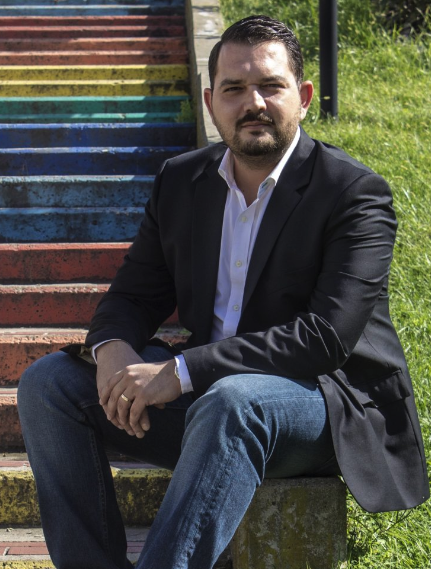
Mert Moral
Mert Moral is an Assistant Professor of Political Science and International Relations in the Faculty of Arts and Social Sciences at Sabanci University, Istanbul. He received BA degree in International Relations from Galatasaray University, Istanbul, and studied political science at the Université Paris I Panthéon-Sorbonne as an exchange student. In 2012, he received his first MA degree in International Political Economy from Koç University, Istanbul. He then received a Ph.D. in Comparative and World Politics in 2017 from the State University of New York at Binghamton and moved back to Turkey and started working at Sabanci University soon after. His research interests include electoral behavior, political participation, representation, polarization, comparative and Turkish politics, and political and survey methodology.
Moritz Osnabrugge
Moritz Osnabrugge is an Assistant Professor at Durham University. His research focuses on European politics and computational social science. He studies legislative reforms, decision-making in the European Union, political rhetoric, political representation, and policy implementation. His articles have been published in the American Political Science Review, International Organization, The Journal of Politics, Political Analysis, Political Science Research and Methods, European Union Politics, and Research & Politics. He teaches courses on digital democracy, European and comparative politics, and political methodology. He holds a Ph.D. from the University of Mannheim and an M.Sc. from the London School of Economics and Political Science.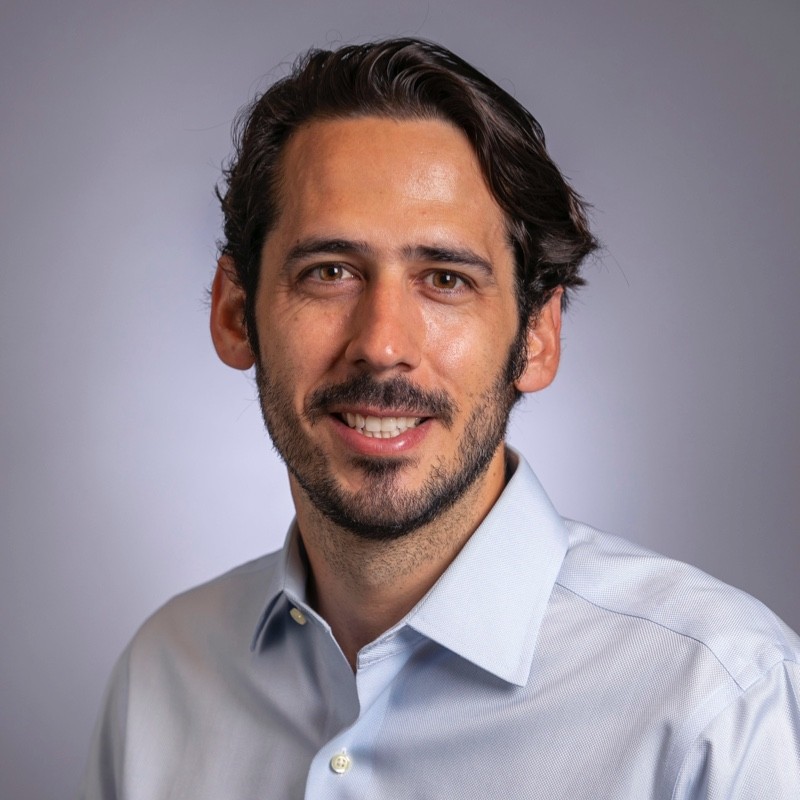
Pedro Rodriguez
Pedro Rodriguez is a results-focused researcher and published scientist leveraging over 10 years’ hands-on research, four years’ team leadership, and five years’ experience teaching quantitative and computational methods, along with a Ph.D. in Political Science and MPhil in Economics. Throughout his career, he has worn numerous hats, including Manager, Thought Leader, Entrepreneur, Academic Researcher, Software Developer, and Teacher. His skillset encompasses network modeling, Natural Language Processing (NLP), experimental methods and machine learning (ML) with strong foundation in statistics. In addition, he possesses expertise in research design from ideation through implementation, publication, and dissemination. He has worked with large and small, structured and unstructured datasets, locally and on high performance clusters. His work has been published in top-ranked peer reviewed journals spanning three disciplines and he actively contributes to open-source software.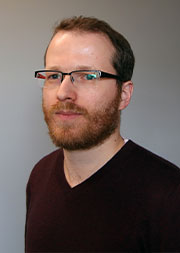
Yaron Shaposhnik
Yaron Shaposhnik is an Assistant Professor of Information Systems and Operations Management at the Simon School of Business at the University of Rochester. Most broadly, he is interested in the optimization and analysis of mathematical models that capture real world problems, and in developing decision support tools that leverage analytics to improve operations. He graduated from MIT where he majored in Operations Research and was advised by professors Retsef Levi and Tom Magnanti. He also holds an MS degree in Industrial Engineering (advised by professors Yale Herer and Hussein Naseraldin) and a BS degree in Information Systems Engineering, both from the Technion – IIT.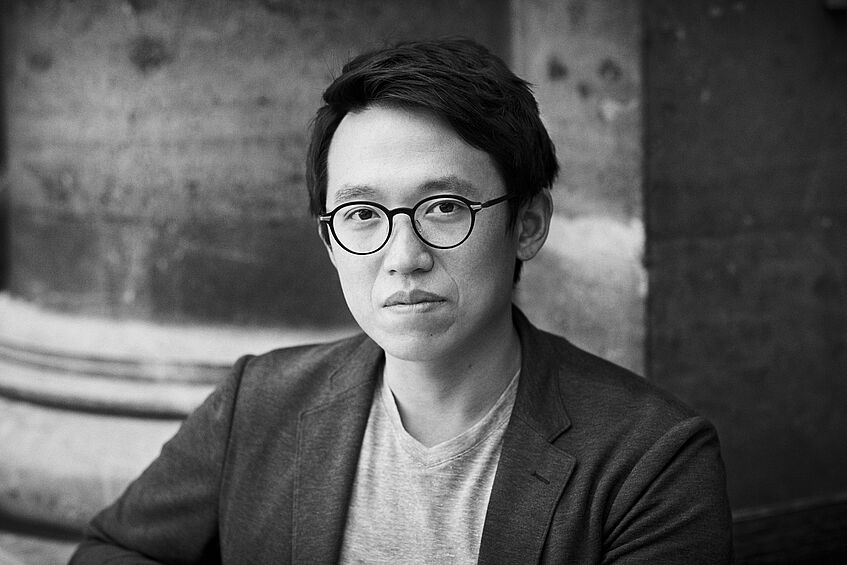
Hyunjin Song
Hyunjin Song is currently an Associate Professor at the Department of Communication at Yonsei University, Seoul, South Korea. Previously, he was an Assistant Professor at Kookmin University, South Korea, and was a Post-doc in the Department of Communication at the University of Vienna, working with Univ.-Prof. Dr. Hajo Boomgaarden, Professor for Empirical Social Science Methods with a focus on Text Analysis. He was also a member of Vienna Computational Communication Science Lab and still remains affiliated with the team.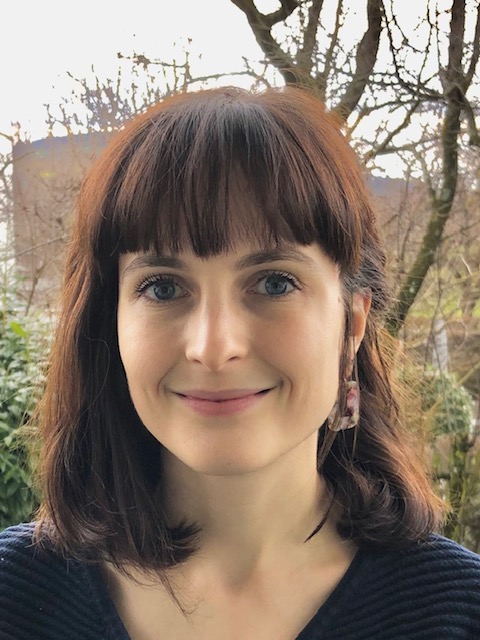
Philine Widmer
Philine Widmer is a Ph.D. candidate in Economics from the University of St.Gallen, Switzerland. Her research covers topics related to the media, algorithms, and their relation to political and market institutions. Methodologically, she specializes in developing new approaches to quantify politically and economically relevant concepts from unstructured data such as text.Teaching Assistants
Participants
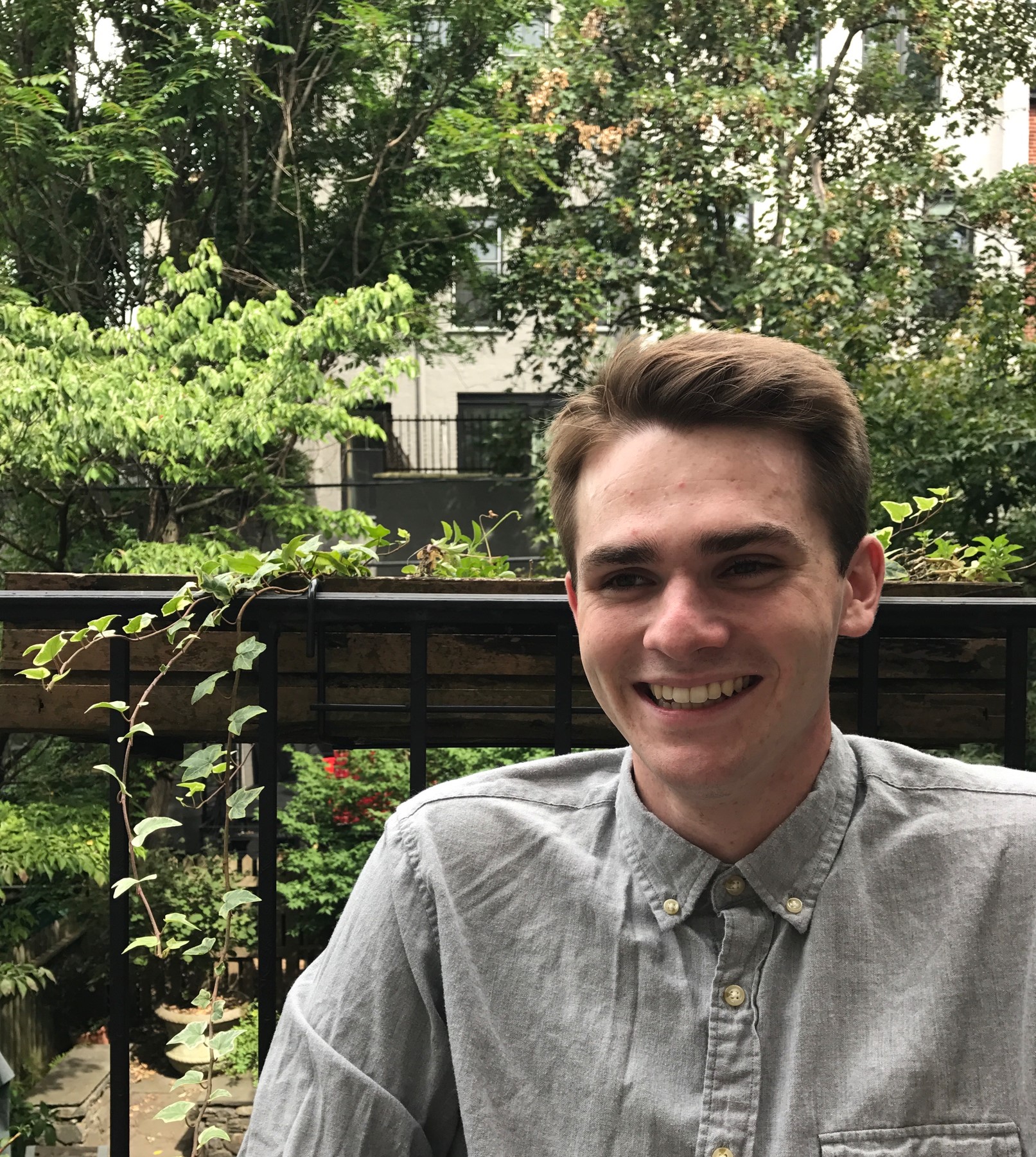
Thomas Chamberlain
Thomas is pursuing a PhD in Political Science at the University of Rochester. His research uses quantitative methods with a focus on causal inference to study how historical events, institutions, and policies shape contemporary electoral competition in American politics. Previously, he studied political philosophy at Stanford University and worked in NYC politics.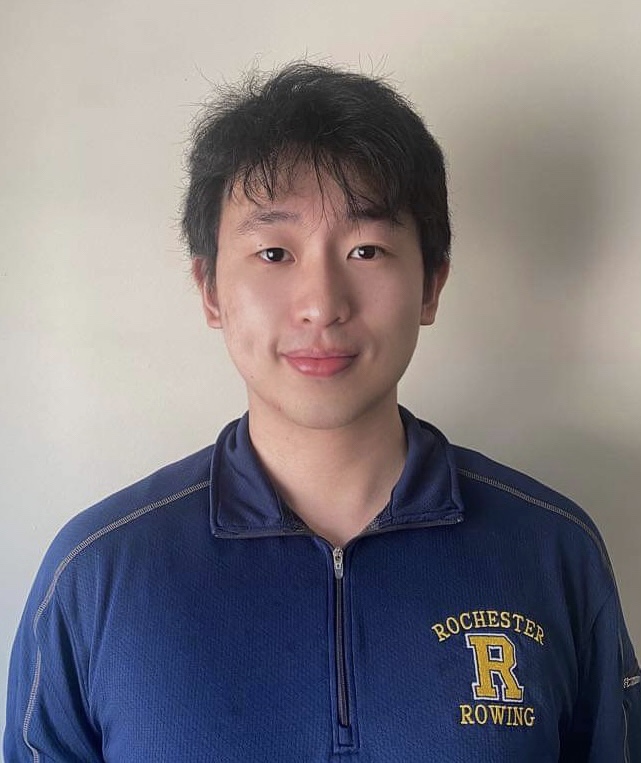
Yuen Ng Du
Yuen Ng (Aaron) Du is a graduating undergraduate at University of Rochester. Soon, he is joining Washington University in St. Louis as a PhD student in Political Science. His research interest concerns racial inequality and local politics in U.S. through statistical and computational methods.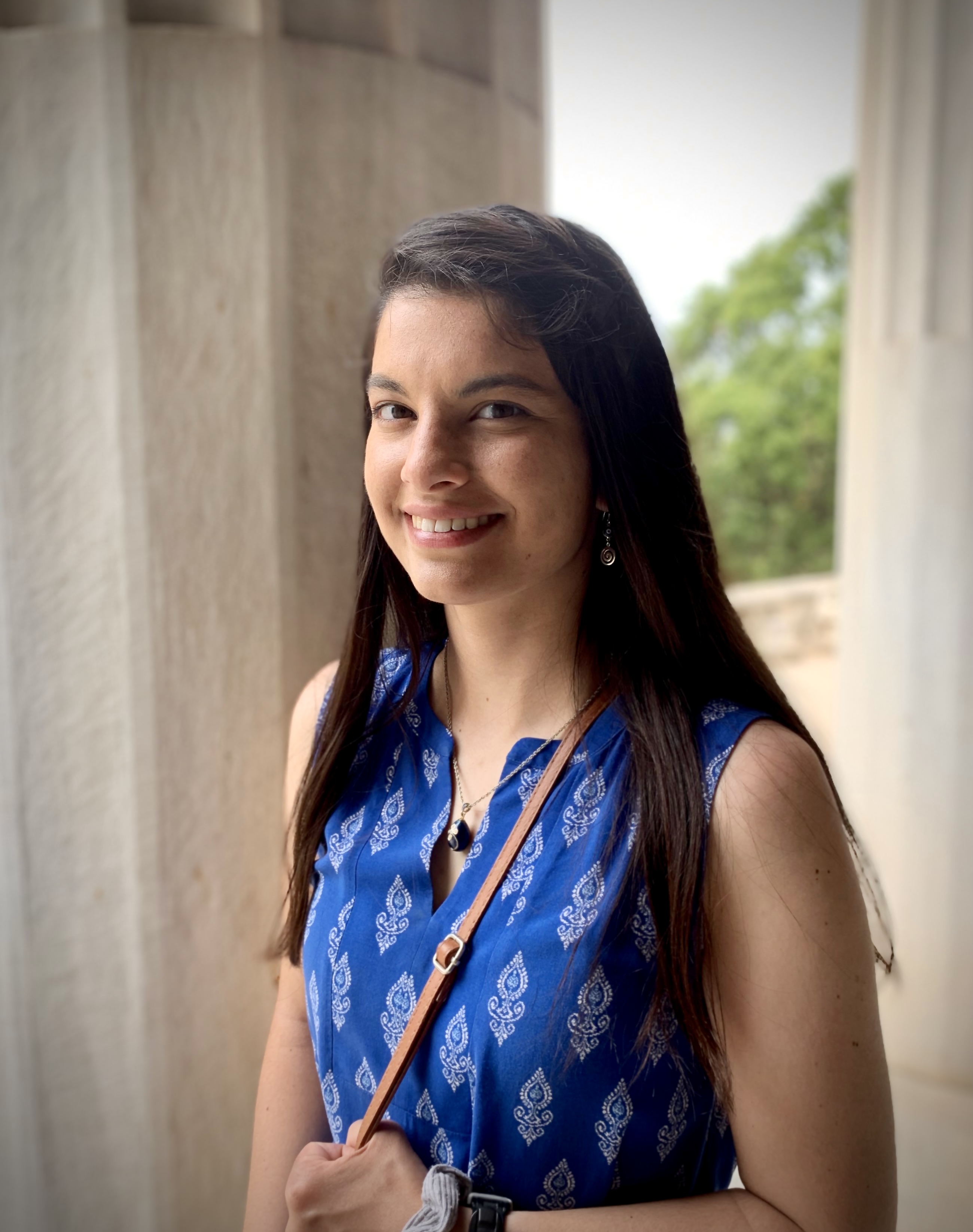
Olympia Mathiaparanam
Olympia Mathiaparanam is a PhD student in the Department of Brain and Cognitive Sciences at the University of Rochester. Her research examines how students learn fundamental STEM concepts. She uses developmental, cognitive, and computational methods to investigate her questions, and she is interested in how her research can help educators improve their instructional resources. Her most recent project applies the Markov Chain Monte Carlo method to better understand how students’ reason about variability in biological categories. Olympia holds a Bachelor of Science in Psychology and Biology from the University of Wisconsin-Madison.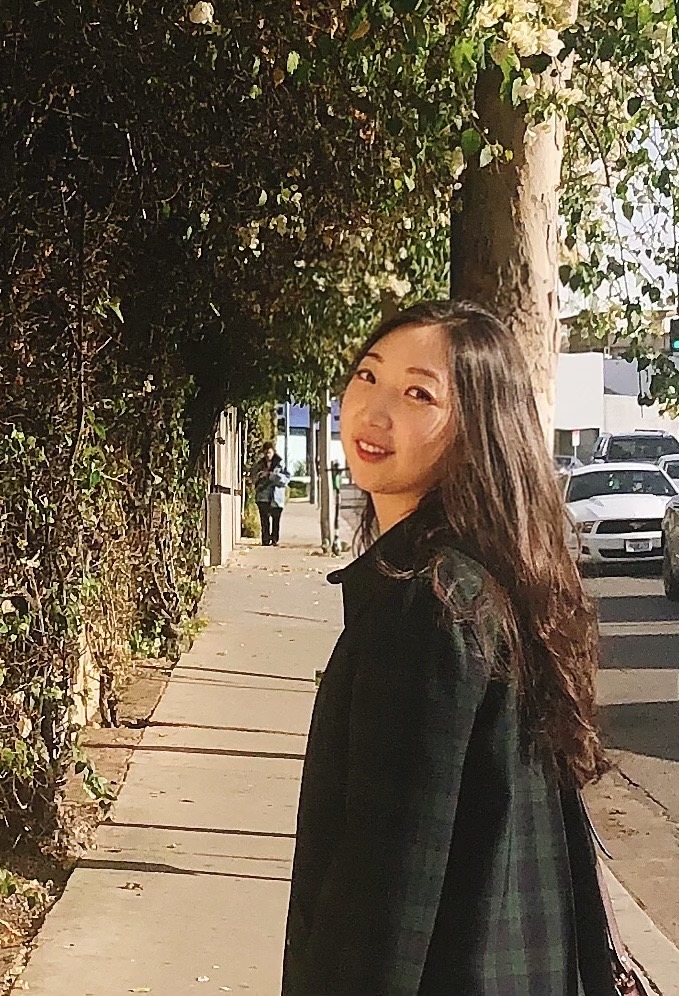
Eunseong Oh
Eunseong Oh is a doctoral student in Political Science at the University of California, Riverside. She studies American Politics and Mass Political Behavior, with a focus on deliberation and ideological polarization. Her current research applies network analysis to explore if and why politicians cooperate despite conflicting interests.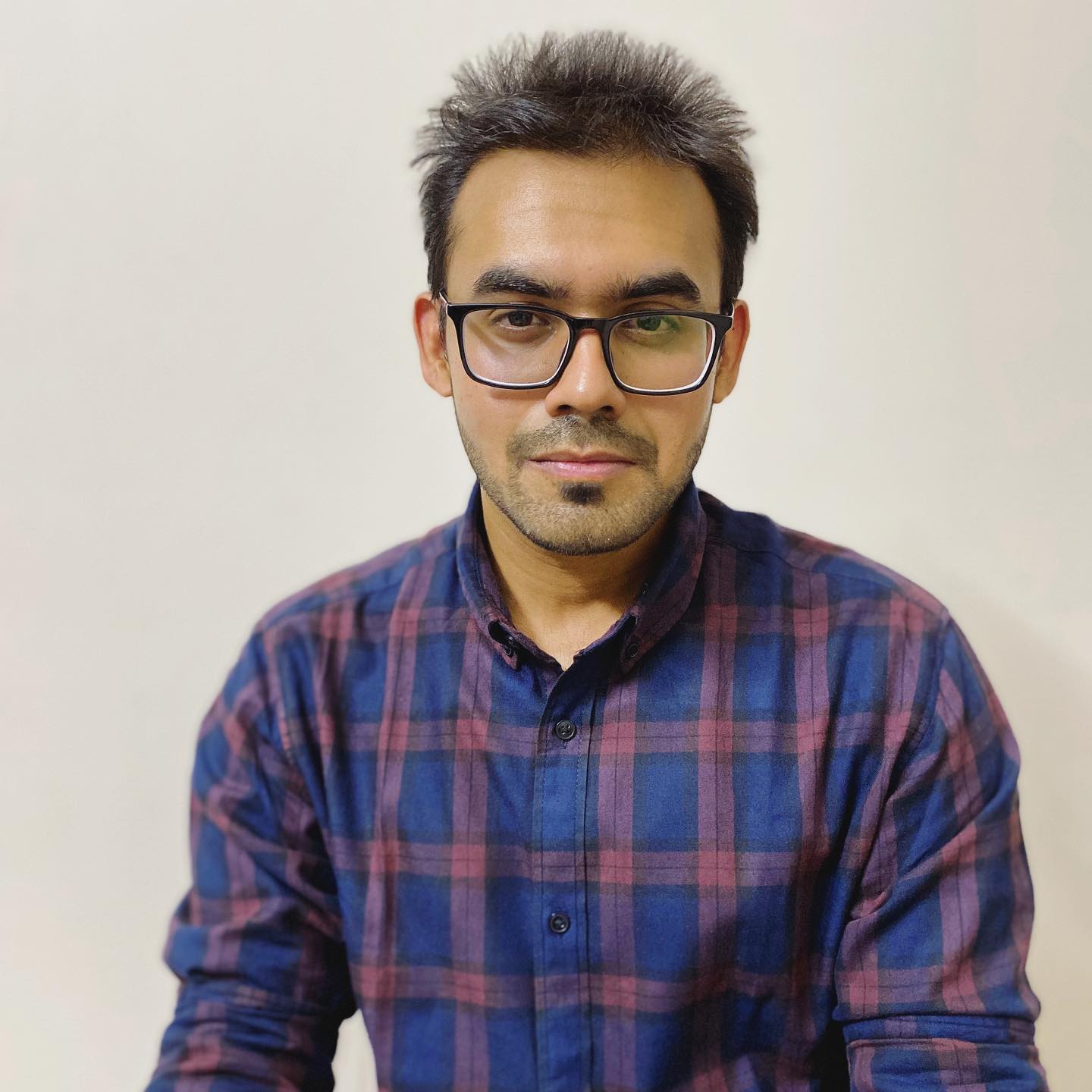
Md Mamunur Rashid
Md Mamunur Rashid is a Ph.D. student in the Teaching, Curriculum, and Change program at the Warner School of Education, University of Rochester. He also works as a graduate assistant at the Center for Learning in the Digital Age (LiDA) at Warner. Previously, Mamunur attended the Fulbright Foreign Language Teaching Assistant program in 2017-18 at New York University, New York. His research interests include immersive learning, multimodal learning, cinematic films as a pedagogical tool, and artificial intelligence in education. Mamunur is also a photographer and a video maker.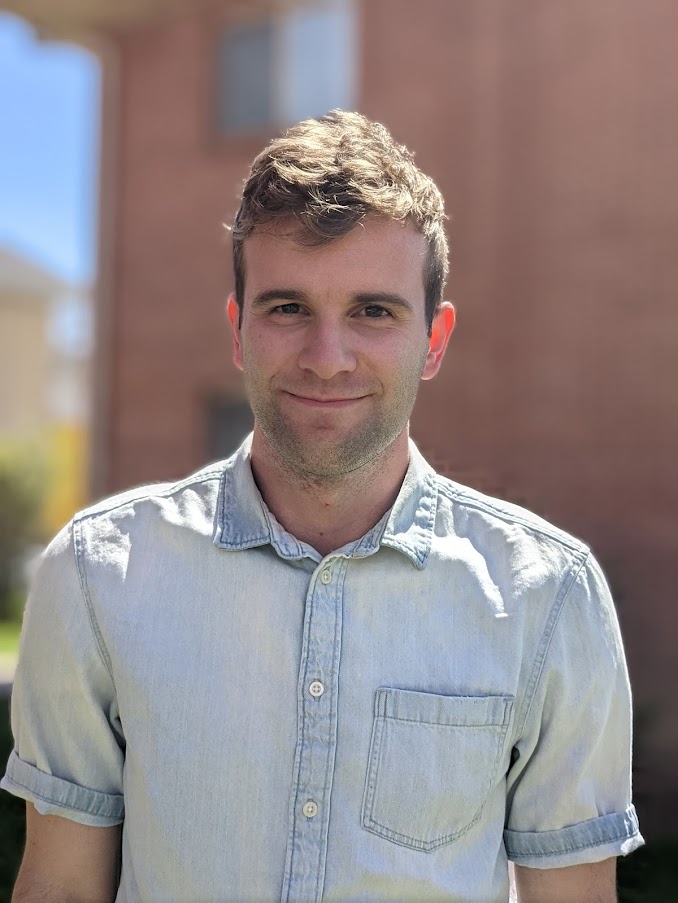
Adam Roberts
Adam Roberts is a Ph.D. student in Political Science at the University of Rochester. His research interests lie in the areas of political economy and comparative politics. Specifically, his work examines corruption, inequality, and democratic erosion in developing countries. Previously, he received his B.A. from Brigham Young University with a double major in Political Science and Economics.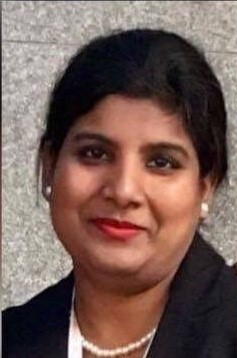
Shirin Sultana
Shirin Sultana, Ph.D., is an Assistant Professor at the State University of New York-Brockport Department of Social Work. Dr. Sultana earned her Ph.D. from the Howard University School of Social Work, and MSSW from the University of Texas at Austin School of Social Work. Her research focuses on social support, coping and mental health of vulnerable and poor women. Dr. Sultana continues to publish and present at conferences both nationally and internationally.
Jiamu Tang
Jiamu Tang, or Chan, is a driven individual with a passion for data science and philosophy. As a rising sophomore, she is pursuing a double major in data science and philosophy, driven by her love for exploring the intersection of logic and data. She sees data science as a tool to uncover hidden patterns and insights that can lead to groundbreaking discoveries. she hopes to earn a Ph.D. in data science or a related field in the future. She is particularly interested in the role that data science can play in advancing artificial intelligence and machine learning, and hopes to explore new algorithms and techniques to make these technologies even more powerful and effective. Her interests lie in using data brain-computer interfaces (BCIs) and human-computer interaction (HCI), and she is gaining valuable experience as a research assistant in a BCS lab for better understand human perception and brain, as well as data processing technique. Through Chan's innovative and creative approach to data science, Jiamu aims to uncover new insights, solve complex problems, and make a lasting contribution to society.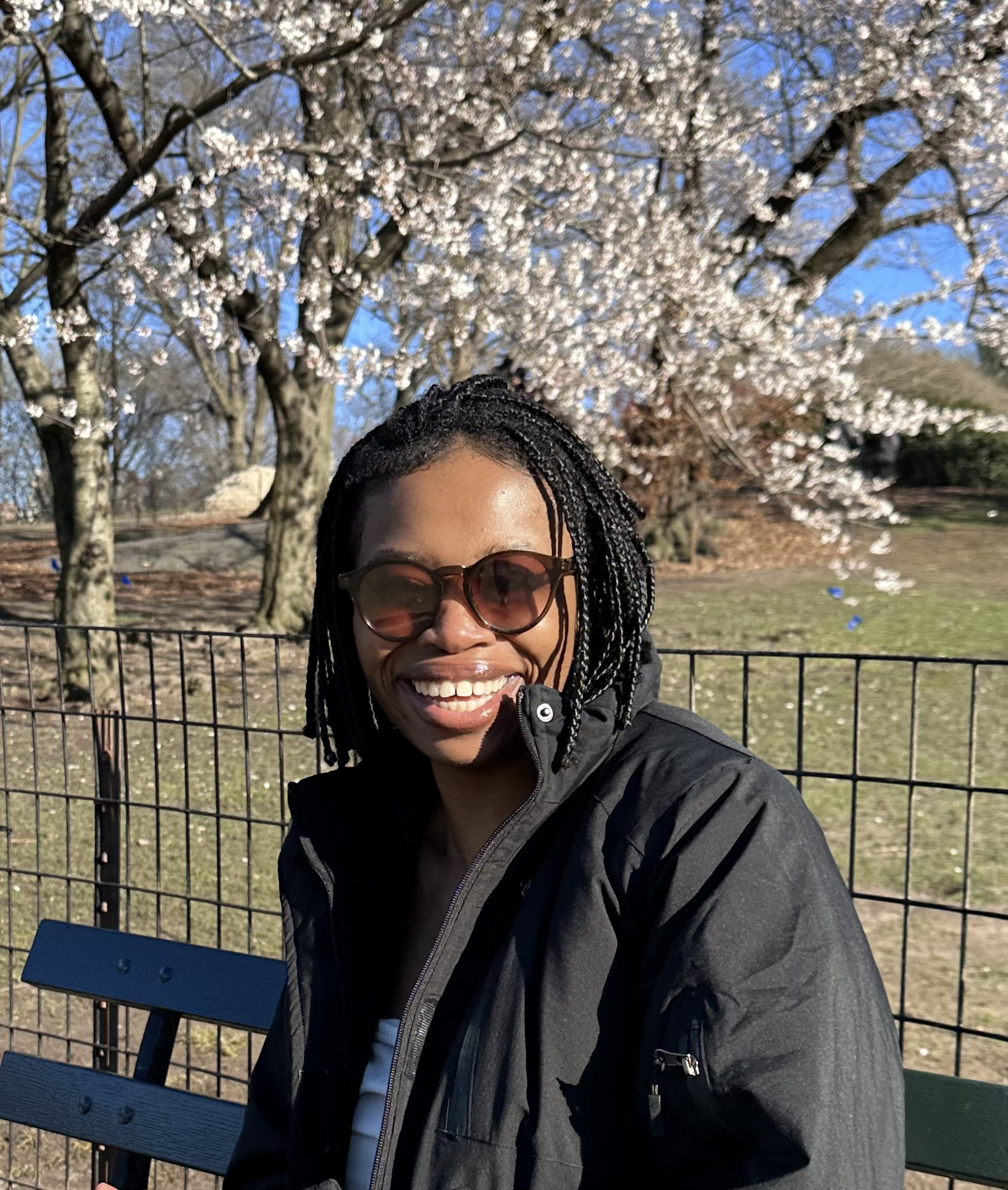
Ebube Umeobi
Ebube is a Master's candidate in Data Science and Analytics at Buffalo State University. She holds a BS in Sociology from Covenant University, Nigeria, and a diverse research and work background on Nigerian peoples and organizations. Ebube has worked as a Researcher, Content Creator, UX Researcher, and Operations in the public and private sectors; analyzing climate studies, social determinants of health, and education for historically disadvantaged groups. Her overall research focuses on creating pilot-level development models through computational methods for policy-making, and sustainable community growth.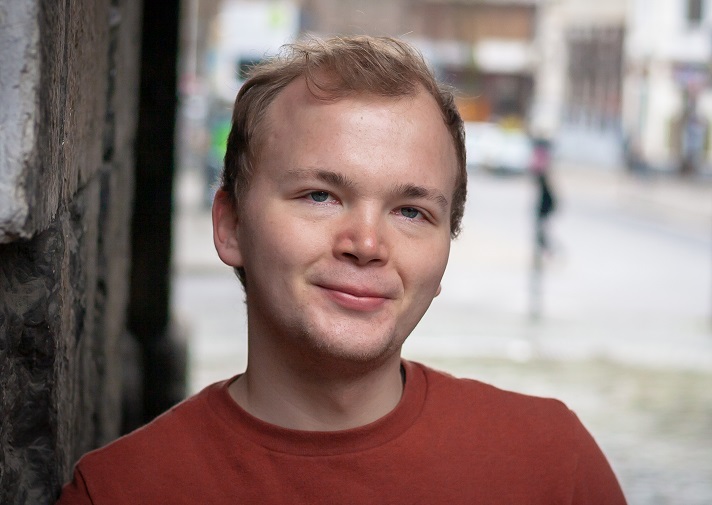
Lion Wedel
Lion Wedel is a doctoral researcher at the Weizenbaum Institute for the Networked Society Berlin as part of the research group Digital News Dynamics. Before, he received a Bachelor’s degree in Sociology and Economics at Martin-Luther University Halle-Wittenberg and a Master’s degree at the RWTH Aachen University in Computational Social Systems. Currently, he explores the methodological possibilities to analyze audio-visual content from the so-called “verticals” (e.g. TikTok) and how news dynamics on such platforms can be researched. He also researches the online presence of the incel community and how concepts such as de-platforming and radicalization can be investigated through them.
Siyi Yin
Siyi is a junior undergraduate student at the University of Rochester, majoring in Business Analytics and Political Science, and minoring in Legal Studies. She is interested in Social Science, Data Science and Machine learning, modeling in policy and Economics.